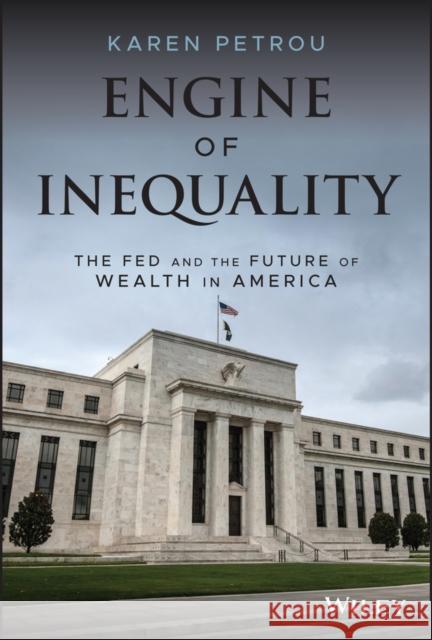Engine of Inequality: The Fed and the Future of Wealth in America » książka
topmenu
Engine of Inequality: The Fed and the Future of Wealth in America
ISBN-13: 9781119726746 / Angielski / Twarda / 2021 / 288 str.
Kategorie:
Kategorie BISAC:
Wydawca:
Wiley
Język:
Angielski
ISBN-13:
9781119726746
Rok wydania:
2021
Ilość stron:
288
Waga:
0.48 kg
Wymiary:
23.11 x 15.49 x 3.3
Oprawa:
Twarda
Wolumenów:
01
Dodatkowe informacje:
Bibliografia
Wydanie ilustrowane
Wydanie ilustrowane











